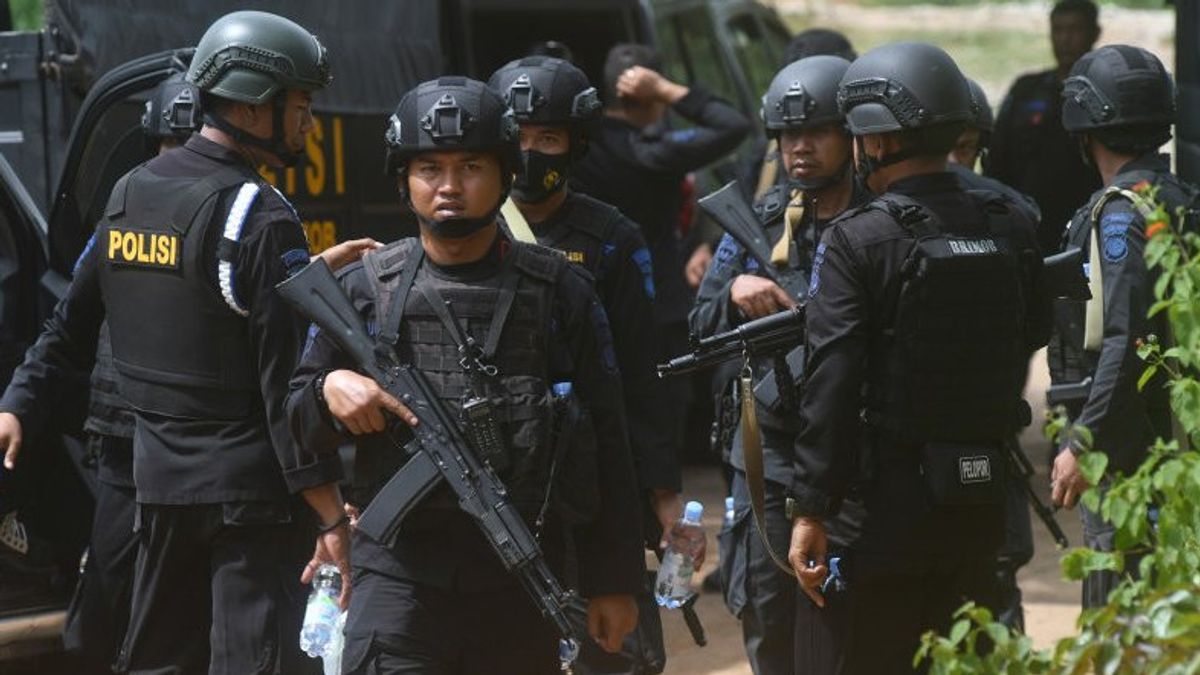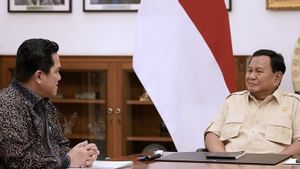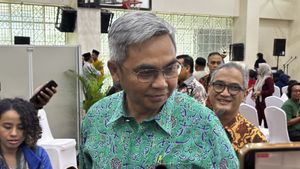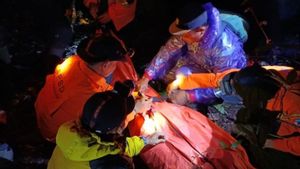JAKARTA - Head of the National Counterterrorism Agency (BNPT) Komjen Boy Rafli Amar revealed the main challenge of countering terrorism during the COVID-19 pandemic, which is now using the internet.
"During the pandemic, terrorist groups maximized online activities. They actively carried out propaganda and member recruitment processes, even regarding funding," said Boy Rafli, quoted by Antara, Thursday, July 1.
The COVID-19 pandemic is not only threatening the health aspect but also for world security and order. Terrorist groups actually create new challenges, for example through terrorist activities in cyberspace that are increasingly massive.
According to Boy Rafli, activities on the internet carried out by terrorists are very easy to do and even more effective in indoctrinating the younger generation to support their ideology and then participate in terrorist acts.
For example, the case of a young woman who attacked the National Police Headquarters some time ago. He is suspected of being exposed to ISIS ideology from the internet. Now, terrorists are also using the internet in conducting funding to support acts of terrorism.
"During the pandemic, there was a 101 percent increase in suspicious financial transactions," he said.
Currently, he said, there is a tendency for women to become terrorists. A study from the Soufan Center shows that the number of support for terrorists by women is increasing in the Southeast Asian region.
Statistically in 2015 there were three women arrested for terrorism cases. That number increased dramatically from 2016 to 2020 which reached 40 people.
In the last three years Indonesia has witnessed acts of terrorism by women, namely in Surabaya, Sibolga and more recently in Makassar, South Sulawesi.
In addition, the challenges during the COVID-19 pandemic are radicalism and the presence of Indonesian citizens (WNI) who become foreign terrorists or Foreign Terrorist Fighters (FTF). For the FTF, it is estimated that 600 to 700 Indonesian citizens are being held in a number of camps in Syria. Even more sadly, the majority of them are women and children.
The English, Chinese, Japanese, Arabic, and French versions are automatically generated by the AI. So there may still be inaccuracies in translating, please always see Indonesian as our main language. (system supported by DigitalSiber.id)













